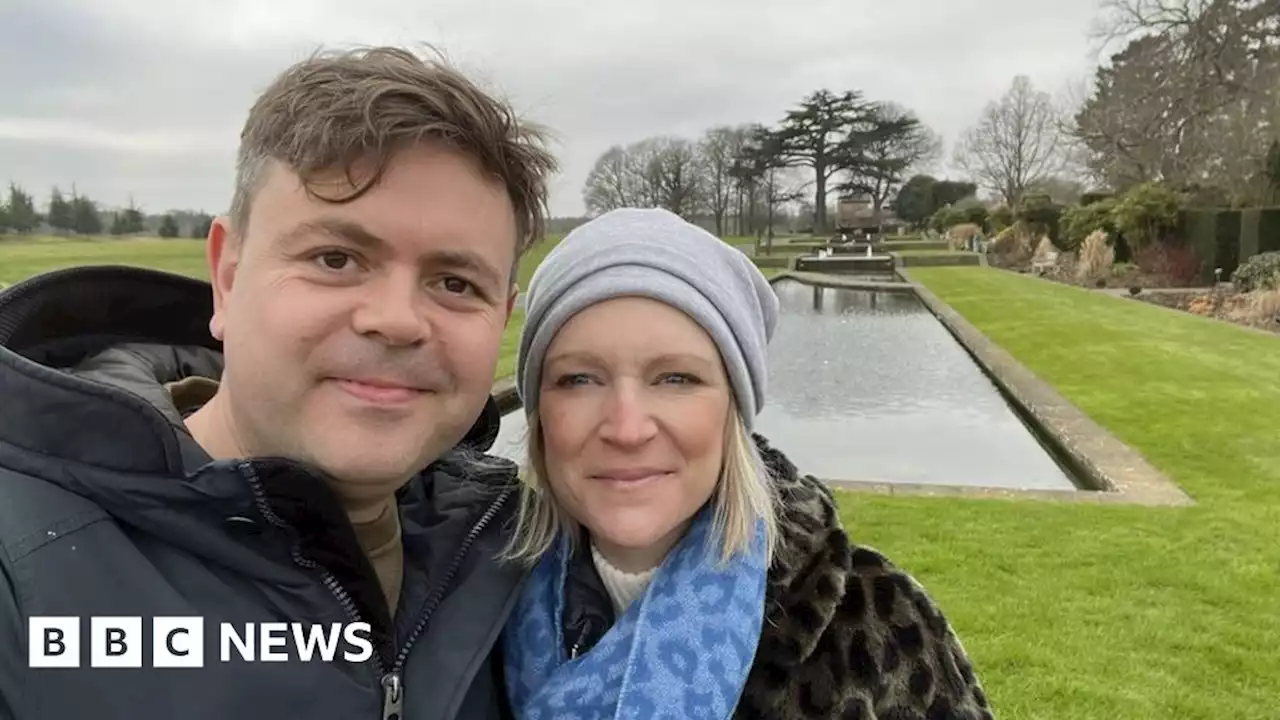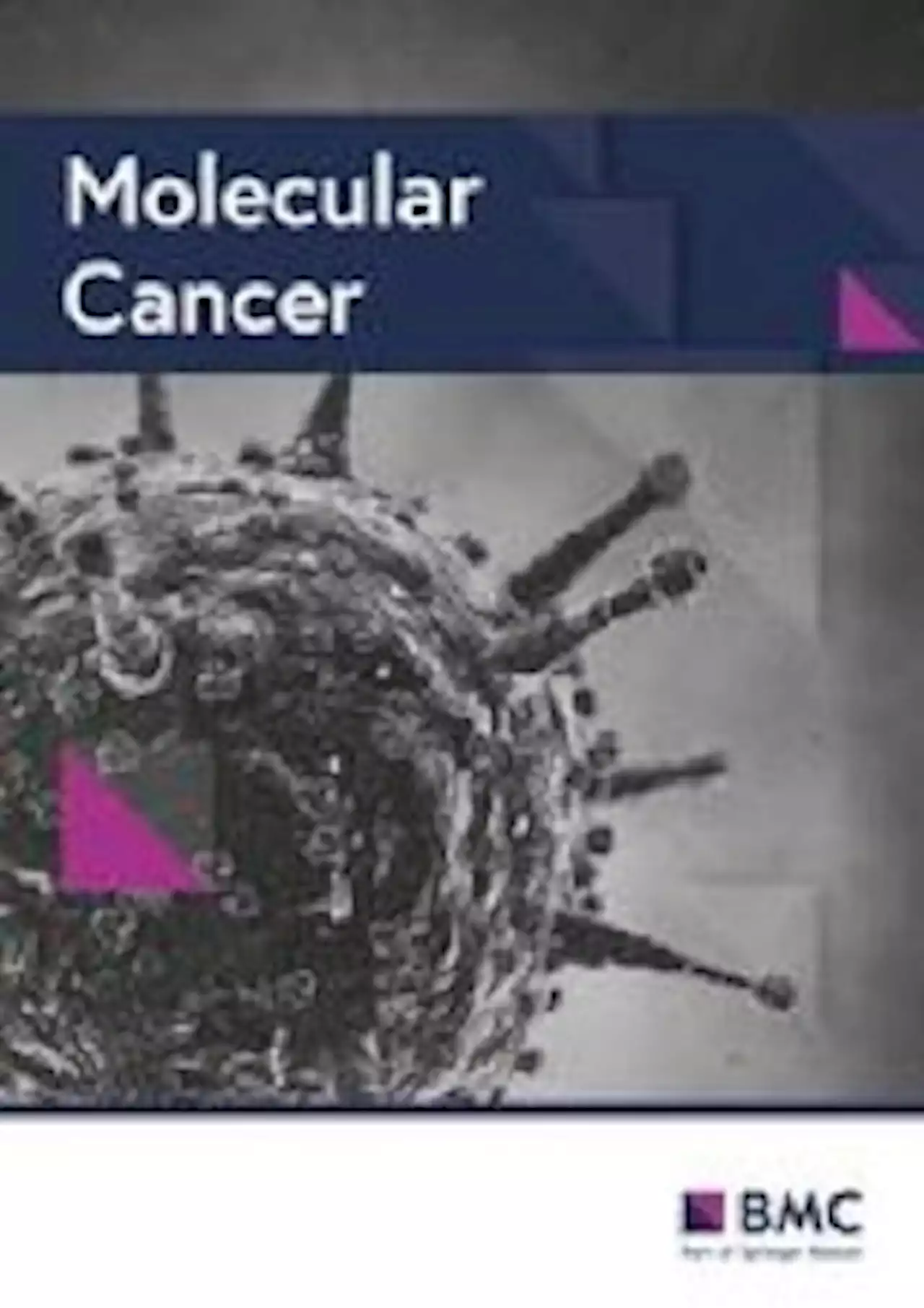Breast cancer stem cells have specific molecular profiles that differ according to their phenotypes, which could affect patients’ prognosis and outcome, finds a study published in Cancer Cell International.
Therefore, the aim of the current study is to characterize the BCSCs by genetic profiling of different BCSCs phenotypic subsets, and determination of their related genetic pathways. This will allow us to accurately define the possible impact of BCSCs on the development and progression of the BC, as well as their contribution to patients' response to treatment, outcomes, and survival rates. Hence it will open a new avenue for potential targeted therapy in BC patients.
Fresh tumor samples were obtained from the operation theatre in a sterile, 50 ml plastic Falcon tube containing 10 ml of Dulbecco’s modified Eagle’s medium . The samples were transferred immediately to the tissue culture lab for processing. A section of the tumor was sent to the Pathology department for routine histopathology and immunohistochemistry [Estrogen receptors , progesterone receptors , Herceptin-2 receptors , and Ki-67] work to confirm the diagnosis.
United Kingdom Latest News, United Kingdom Headlines
Similar News:You can also read news stories similar to this one that we have collected from other news sources.
 Mum with hidden food addiction sheds pounds after getting stuck in a plane seat'Bread obsessed' Mum with hidden food addiction sheds pounds after getting stuck in a plane seat
Mum with hidden food addiction sheds pounds after getting stuck in a plane seat'Bread obsessed' Mum with hidden food addiction sheds pounds after getting stuck in a plane seat
Read more »
 Pancreatic cancer: What losing my wife taught me about life and lossFour months ago, Geraint John lost his wife - the mother of his three children - to cancer.
Pancreatic cancer: What losing my wife taught me about life and lossFour months ago, Geraint John lost his wife - the mother of his three children - to cancer.
Read more »
 Daredevil Robbie Knievel, son of stuntman Evel Knievel, dies aged 60Robbie Knievel, the son of daredevil Evel Knievel, has died at the age of 60.
Daredevil Robbie Knievel, son of stuntman Evel Knievel, dies aged 60Robbie Knievel, the son of daredevil Evel Knievel, has died at the age of 60.
Read more »
 Tech Tent - MRNA: The tech that transforms cancer treatment? - BBC SoundsThe second special show with zsk at CES in Las Vegas is now available. LaraLewington meets the CEO of moderna_tx journalist_ash meets entrepreneurs from around the world plus the CEO of BookCameo and more
Tech Tent - MRNA: The tech that transforms cancer treatment? - BBC SoundsThe second special show with zsk at CES in Las Vegas is now available. LaraLewington meets the CEO of moderna_tx journalist_ash meets entrepreneurs from around the world plus the CEO of BookCameo and more
Read more »
 Tumor microenvironment enriches the stemness features: the architectural event of therapy resistance and metastasis - Molecular CancerCancer divergence has many facets other than being considered a genetic term. It is a tremendous challenge to understand the metastasis and therapy response in cancer biology; however, it postulates the opportunity to explore the possible mechanism in the surrounding tumor environment. Most deadly solid malignancies are distinctly characterized by their tumor microenvironment (TME). TME consists of stromal components such as immune, inflammatory, endothelial, adipocytes, and fibroblast cells. Cancer stem cells (CSCs) or cancer stem-like cells are a small sub-set of the population within cancer cells believed to be a responsible player in the self-renewal, metastasis, and therapy response of cancer cells. The correlation between TME and CSCs remains an enigma in understanding the events of metastasis and therapy resistance in cancer biology. Recent evidence suggests that TME dictates the CSCs maintenance to arbitrate cancer progression and metastasis. The immune, inflammatory, endothelial, adipocyte, and fibroblast cells in the TME release growth factors, cytokines, chemokines, microRNAs, and exosomes that provide cues for the gain and maintenance of CSC features. These intricate cross-talks are fueled to evolve into aggressive, invasive, migratory phenotypes for cancer development. In this review, we have abridged the recent developments in the role of the TME factors in CSC maintenance and how these events influence the transition of tumor progression to further translate into metastasis and therapy resistance in cancer.
Tumor microenvironment enriches the stemness features: the architectural event of therapy resistance and metastasis - Molecular CancerCancer divergence has many facets other than being considered a genetic term. It is a tremendous challenge to understand the metastasis and therapy response in cancer biology; however, it postulates the opportunity to explore the possible mechanism in the surrounding tumor environment. Most deadly solid malignancies are distinctly characterized by their tumor microenvironment (TME). TME consists of stromal components such as immune, inflammatory, endothelial, adipocytes, and fibroblast cells. Cancer stem cells (CSCs) or cancer stem-like cells are a small sub-set of the population within cancer cells believed to be a responsible player in the self-renewal, metastasis, and therapy response of cancer cells. The correlation between TME and CSCs remains an enigma in understanding the events of metastasis and therapy resistance in cancer biology. Recent evidence suggests that TME dictates the CSCs maintenance to arbitrate cancer progression and metastasis. The immune, inflammatory, endothelial, adipocyte, and fibroblast cells in the TME release growth factors, cytokines, chemokines, microRNAs, and exosomes that provide cues for the gain and maintenance of CSC features. These intricate cross-talks are fueled to evolve into aggressive, invasive, migratory phenotypes for cancer development. In this review, we have abridged the recent developments in the role of the TME factors in CSC maintenance and how these events influence the transition of tumor progression to further translate into metastasis and therapy resistance in cancer.
Read more »
